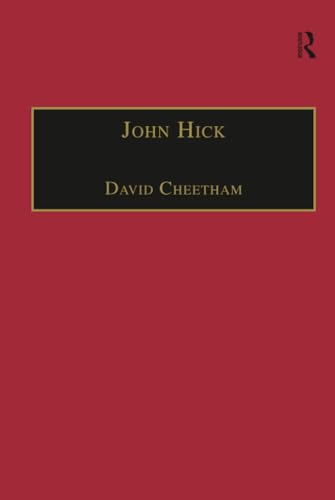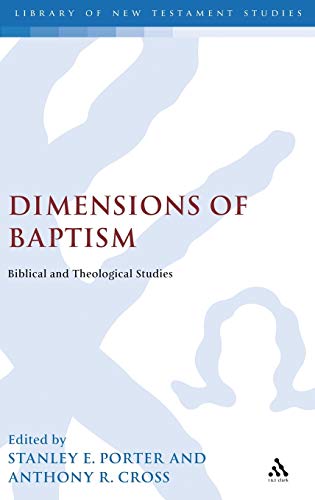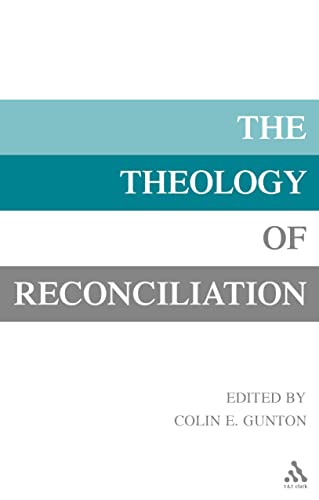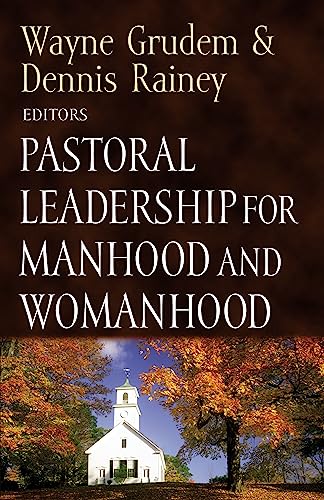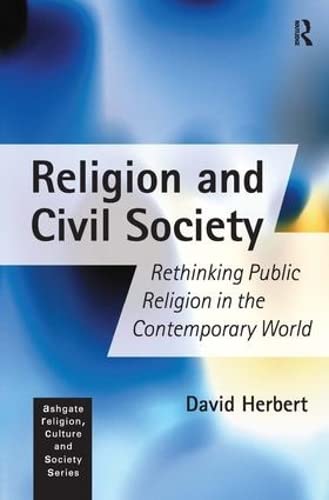JOHN HICK: A CRITICAL INTRODUCTION AND REFLECTION
Written by David Cheetham Reviewed By Chris SinkinsonWhatever opinions people may hold of Hick’s theological and philosophical rigour there can be no doubt that he has articulated a view of religion that has resonated with popular culture and the academy. Religious pluralism has become almost synonymous with the name of John Hick. For that reason there is an ever-growing field of literature interacting with his work. Within this field, Cheetham’s book deserves to be recognised as an outstanding offering.
Essentially, Cheetham provides an overview of Hick’s work in terms of his biographical development. Some thinkers have really only ever had one major idea which has been worked out in the course of years of thinking. Hick is unusual for mining a new area of reflection almost every decade of his working life. With considerable lucidity Cheetham guides us through Hick’s arguments and the counter-arguments of his critics. He covers the subjects of epistemology, theodicy and pluralism with clarity.
The author is sympathetic to Hick’s work in many respects but handles the criticisms with balance. The book is essentially a descriptive account of the issues that are raised in the wake of Hick’s suggestions and for that reason Cheetham’s own views are not pushed to the fore. Indeed, he interacts well with a full range of opinions including those of conservative Catholics and evangelicals.
There is, however, one particular area of defence which he offers for Hick’s work that is worth highlighting. The philosophical position called pluralism has been criticised on the grounds that it undermines the perspective of any and every particular religion. Instead it attempts a neutral view from nowhere. Far from being an interpretation of religion, Hick presents a radical re-interpretation of it. Postmodern thinkers in particular have pointed out the implicit imperialism in Hick’s agenda.
Cheetham reviews and, in places, defends Hick’s response to this objection. The response is to point out that pluralism is a second-order description of religion rather than the first order faith of the practitioner. It is this response that allows Hick to claim to be a pluralist philosopher but also a Christian practitioner. The world religions are supposedly untouched in their daily practice by this meta-theory of the philosopher theologians. But to critics like me this response seems shallow. Cheetham understands why. He notes that in this defence ‘there is a sense Hick is trying to give his hypothesis a certain immunity’ (162). The defence sounds like a sop to those who are religiously devoted so that ‘real’ philosophers can get on with the job of robbing religious words of all their apparent meaning. Cheetham recognises the significance of this issue and admits that religious pluralism could be better understood and offered as a ‘first-order religious appeal’. However, if Hick and those who have followed him were to do this then the cat would be out of the bag: religious pluralism would be clearly revealed to all not only as a philosophical hypothesis but as a new religion in itself.
This is a very readable and thought-provoking account of one of the most influential thinkers of our time and deserves text-book status. Cheetham teaches at the University of Birmingham Department of Theology where he has developed a centre for the study of Asian religions.
Chris Sinkinson
Moorlands College, Christchurch


